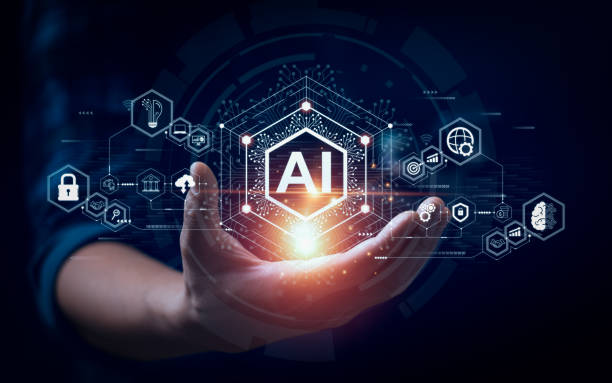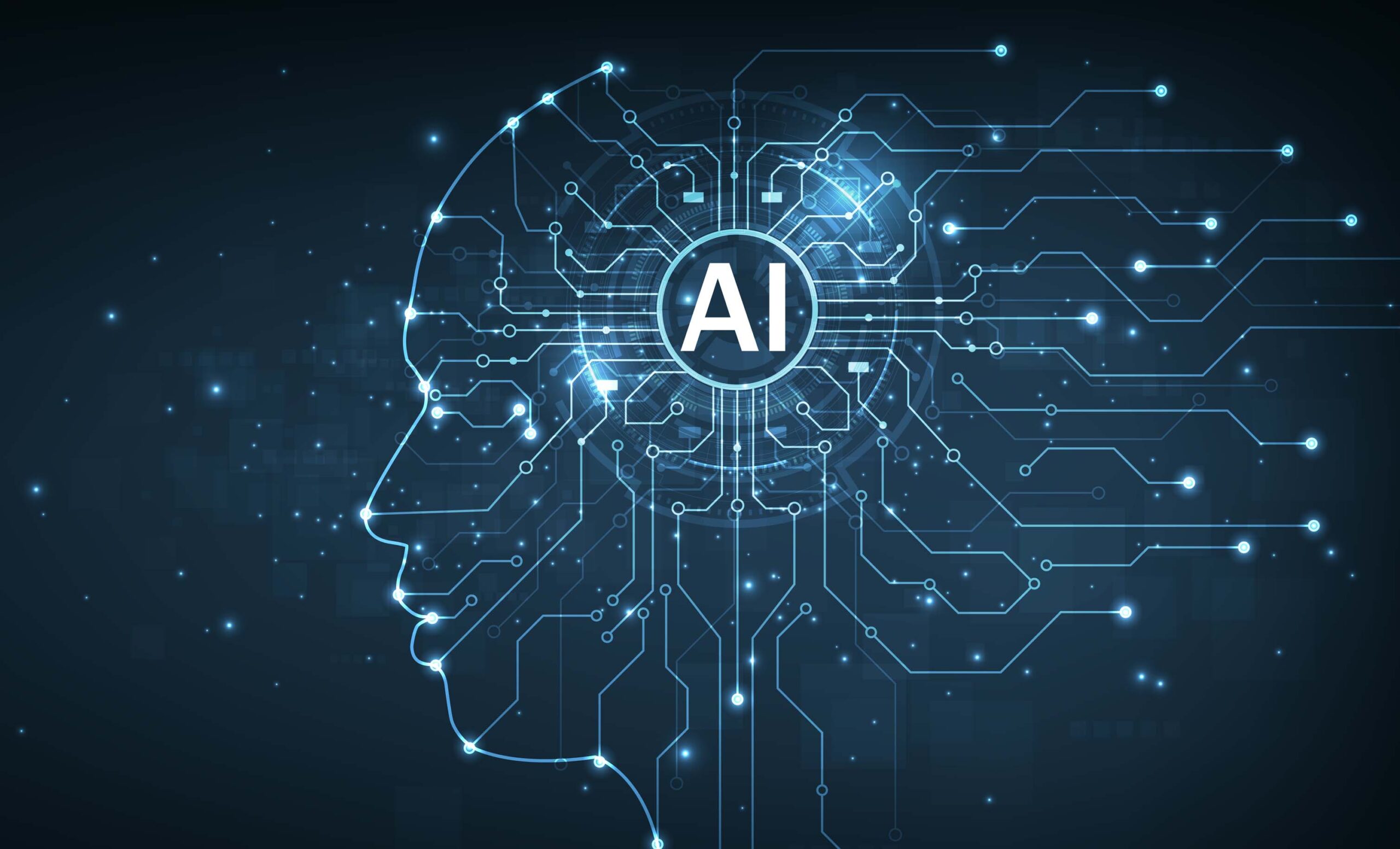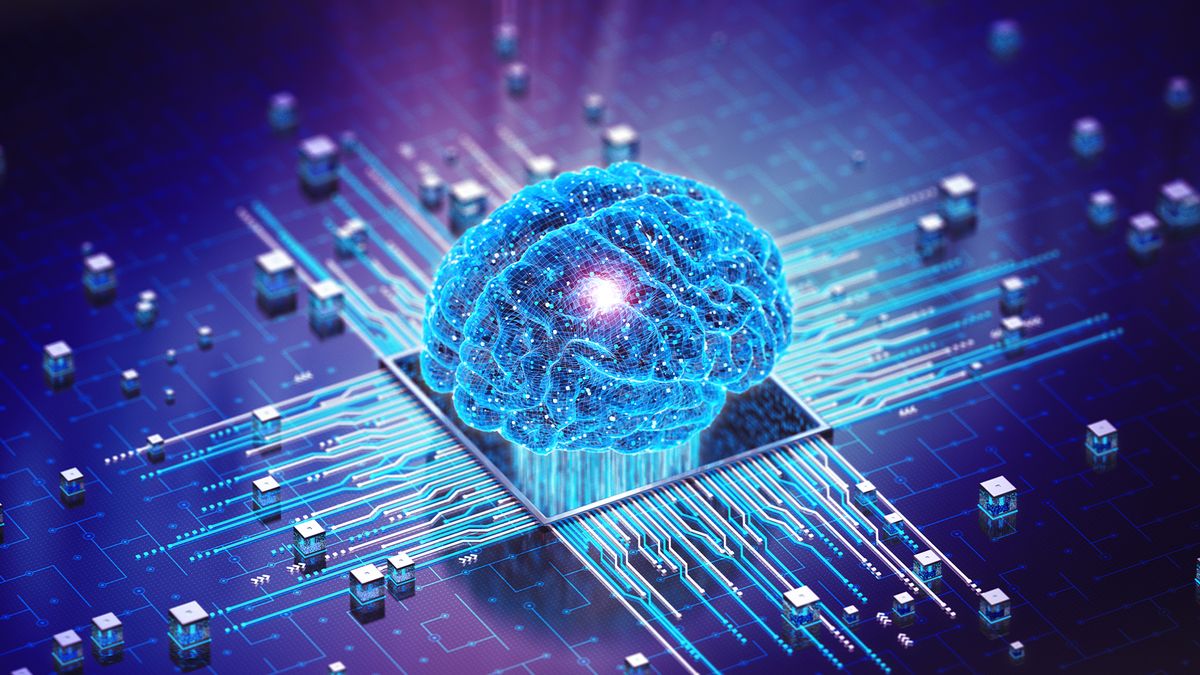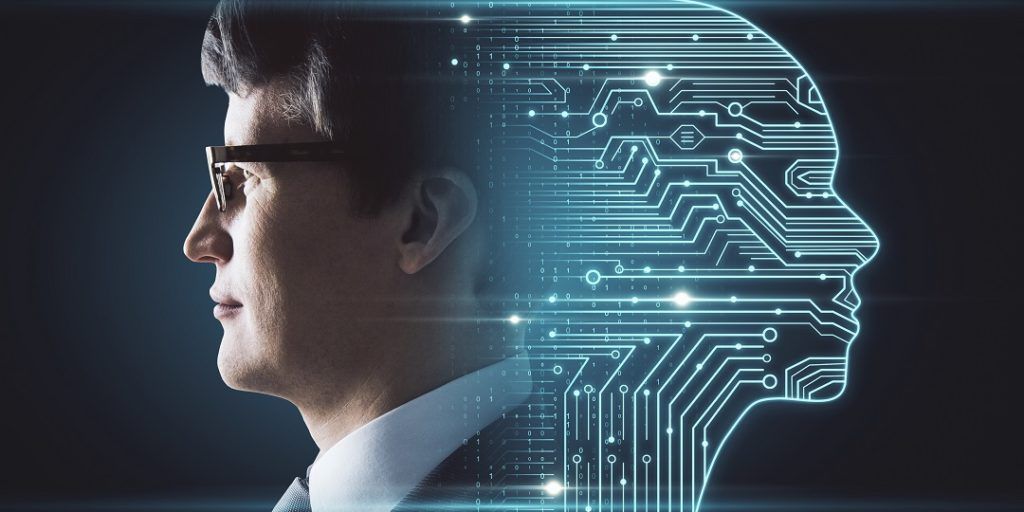The Impact of AI on Modern Computing: Current Trends and Future Directions

Introduction
Artificial Intelligence (AI) is rapidly transforming the landscape of modern computing. From everyday consumer technology to complex industrial applications, AI’s influence is pervasive and growing. This article delves into the current trends in AI, its applications across various sectors, and the future directions of this revolutionary technology. For more outstanding articles visit our Website
What is AI?
Artificial Intelligence refers to the simulation of human intelligence in machines programmed to think and learn. These systems use algorithms and data to perform tasks that typically require human intelligence, such as visual perception, speech recognition, decision-making, and language translation.
Historical Context of AI
Early Beginnings
The concept of AI dates back to ancient history, with myths and stories about artificial beings endowed with intelligence. However, the formal birth of AI as a field of study occurred in the mid-20th century. The term “Artificial Intelligence” was coined in 1956 at a conference at Dartmouth College, where researchers gathered to explore the potential of creating machines that could mimic human intelligence.
Rise of Machine Learning
The evolution of AI took a significant leap with the advent of machine learning, a subset of AI focused on the development of algorithms that allow computers to learn from and make decisions based on data. This approach shifted the focus from programming machines to perform specific tasks to enabling them to learn and improve independently over time.

AI in Everyday Technology
Smartphones and Personal Assistants
AI has become an integral part of smartphones, enhancing user experience through features like voice recognition, predictive text, and personalized recommendations. Virtual assistants such as Apple’s Siri, Google Assistant, and Amazon’s Alexa leverage AI to perform a wide range of tasks, from setting reminders to controlling smart home devices.
AI in Social Media
Social media platforms use AI to curate content, target advertisements, and detect harmful behavior. Algorithms analyze user behavior to personalize feeds, suggest new connections, and recommend content. Additionally, AI plays a crucial role in moderating content, identifying fake news, and combating cyberbullying.
AI in Business and Industry
Automation and Efficiency
AI-driven automation is revolutionizing business processes, increasing efficiency, and reducing operational costs. Robotics and AI systems are automating repetitive tasks in manufacturing, logistics, and customer service, allowing human workers to focus on more strategic activities.
Predictive Analytics
Predictive analytics, powered by AI, enables businesses to forecast trends, understand customer behavior, and make data-driven decisions. This capability is transforming industries by providing insights that help companies anticipate market demands and optimize their operations.
Supply Chain Management
AI enhances supply chain management by predicting demand, optimizing inventory levels, and improving delivery times. Machine learning algorithms analyze historical data and market trends to forecast future demand, helping businesses reduce waste and improve efficiency.
Customer Relationship Management
AI-powered customer relationship management (CRM) systems provide personalized customer experiences by analyzing data from various touchpoints. These systems can predict customer needs, recommend products, and deliver tailored marketing messages, enhancing customer satisfaction and loyalty.

AI in Healthcare
Diagnostics and Treatment
AI is revolutionizing healthcare by improving diagnostic accuracy and treatment outcomes. Machine learning algorithms can analyze medical images to detect diseases such as cancer and provide personalized treatment recommendations based on patient data.
Patient Data Management
AI streamlines patient data management by organizing and analyzing large volumes of health records. This capability not only improves administrative efficiency but also enables healthcare providers to gain insights into patient health trends and deliver more effective care.
AI in Education
Personalized Learning
In education, AI enables personalized learning experiences tailored to individual student needs. Adaptive learning platforms use AI to assess student performance and provide customized resources and recommendations, helping students learn at their own pace.
Administrative Applications
AI simplifies administrative tasks in educational institutions, from enrollment processes to scheduling and resource allocation. This automation reduces the administrative burden on staff and allows educators to focus more on teaching and student engagement.
Ethical Considerations of AI
Privacy Concerns
The widespread use of AI raises significant privacy concerns. AI systems often require vast amounts of data to function effectively, which can lead to the collection and storage of sensitive personal information. Ensuring data privacy and protecting against unauthorized access is crucial to maintaining public trust in AI technologies.
Bias in Algorithms
AI algorithms can inadvertently perpetuate and even exacerbate biases present in training data. This can lead to unfair and discriminatory outcomes in areas such as hiring, lending, and law enforcement. Addressing algorithmic bias is essential to ensure that AI systems are fair and equitable.

Future Directions of AI
AI and Quantum Computing
The future of AI is closely linked to advancements in quantum computing, which promises to exponentially increase computational power. Quantum AI could solve complex problems currently beyond the reach of classical computers, leading to breakthroughs in fields such as cryptography, materials science, and pharmaceuticals.
AI in Autonomous Systems
AI is set to play a pivotal role in the development of autonomous systems, including self-driving cars, drones, and robotic systems. These technologies have the potential to transform transportation, logistics, and various other sectors by enhancing safety, efficiency, and convenience.
Conclusion
AI is undoubtedly one of the most transformative technologies of our time, impacting various aspects of modern computing and everyday life. Its applications span numerous industries, from healthcare and education to business and social media. As AI continues to evolve, it presents both significant opportunities and challenges. Ensuring ethical use, addressing privacy concerns, and mitigating biases will be crucial as we navigate the future of AI.
FAQs
1. What is Artificial Intelligence (AI)?
AI refers to the simulation of human intelligence in machines that are programmed to think and learn.
2. How does AI impact everyday technology?
AI enhances everyday technology through features like voice recognition in smartphones, personalized content in social media, and virtual assistants that perform various tasks.
3. What are some applications of AI in business?
AI is used in business for automation, predictive analytics, supply chain management, and customer relationship management, improving efficiency and decision-making.
4. How is AI transforming healthcare?
AI improves diagnostic accuracy, streamlines patient data management, and provides personalized treatment recommendations.
5. What role does AI play in education?
AI enables personalized learning experiences and simplifies administrative tasks, enhancing both teaching and student engagement.
6. What are the ethical considerations of AI?
Ethical considerations include privacy concerns related to data collection and the potential for bias in AI algorithms.
7. What is the future direction of AI?
Future directions include advancements in quantum computing and the development of autonomous systems, which promise to solve complex problems and transform various industries.

